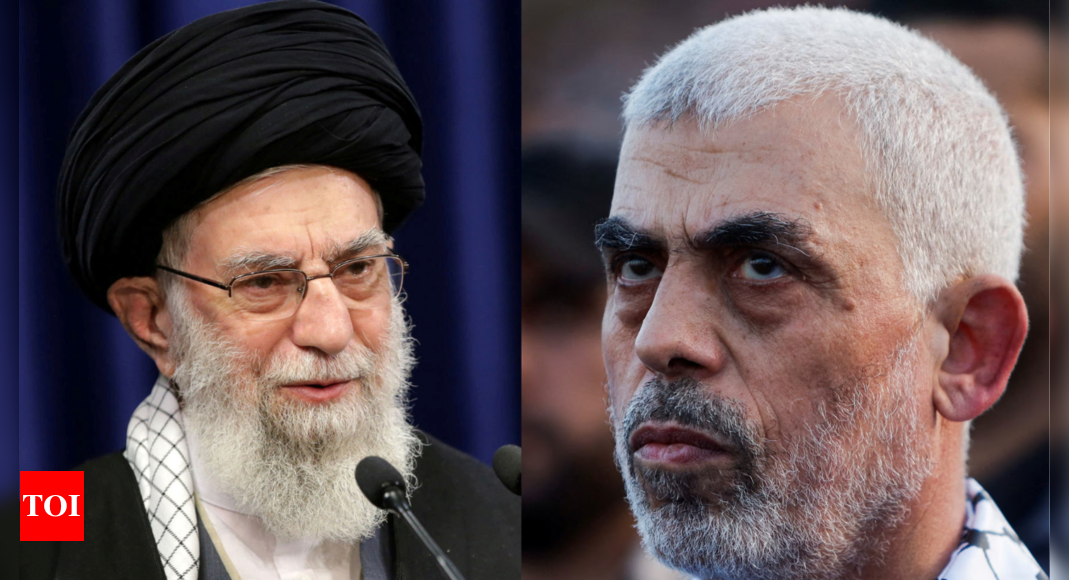Dozens Dead as Israeli Tanks Advance into Gaza’s Jabalia Refugee Camp
In a tragic escalation of violence, at least 30 people have been reported dead and dozens more injured following a series of Israeli airstrikes on Jabalia, Gaza’s largest refugee camp. The strikes, which targeted multiple homes in a central square, have left the community reeling, with medics confirming that among the deceased are at least 20 women and children. As the situation unfolds, the humanitarian crisis in the region deepens, with communication and internet services cut off, complicating rescue efforts.
A Day of Devastation
On Friday, the violence intensified as Israeli tanks pushed deeper into Jabalia, unleashing heavy fire that destroyed homes and infrastructure. Residents described a scene of chaos and destruction, accusing Israeli forces of using remote explosives to demolish buildings. “It felt like the ground was shaking beneath us,” one local resident recounted, highlighting the fear and uncertainty gripping the camp.
Before the latest strikes, Gaza’s health ministry had already reported 39 Palestinian deaths from earlier attacks, with 20 of those occurring in Jabalia alone. The toll continues to rise as rescue teams struggle to reach those trapped under rubble, hampered by the loss of communication and the ongoing military operations.
The Military’s Justification
The Israeli military has stated that its operations in Jabalia over the past two weeks are aimed at neutralizing militants and dismantling Hamas infrastructure. They claim to have killed dozens of militants in combat just a day prior to the strikes, asserting that their actions are necessary for national security. However, the civilian casualties and destruction raise serious questions about the impact of these operations on innocent lives.
A Community Cut Off
As the violence escalates, Jabalia, along with neighboring towns like Beit Hanoun and Beit Lahiya, has been effectively isolated from Gaza City. Israeli forces have restricted movement, allowing only families to evacuate under orders, leaving many residents trapped in a war zone. The humanitarian implications are dire, with food, water, and medical supplies running low as the conflict continues.
Context of the Conflict
This latest surge in violence follows Israel’s announcement of the death of Yahya Sinwar, the chief of Hamas, whom they hold responsible for the deadly October 7 attack that marked a significant escalation in the Israeli-Palestinian conflict. The aftermath of that attack has seen a dramatic increase in military operations, leading to widespread devastation in Gaza.
Looking Ahead
As the situation in Jabalia remains critical, the international community watches closely. Calls for ceasefires and humanitarian aid are growing louder, but the path to peace seems fraught with challenges. For now, the residents of Jabalia face an uncertain future, grappling with loss and the hope for safety amidst the chaos.



